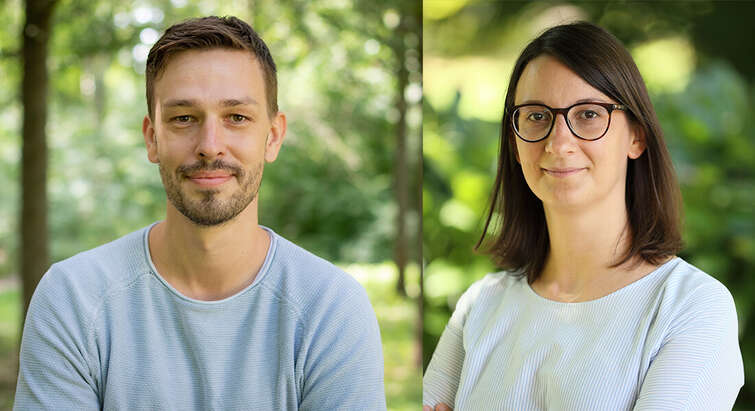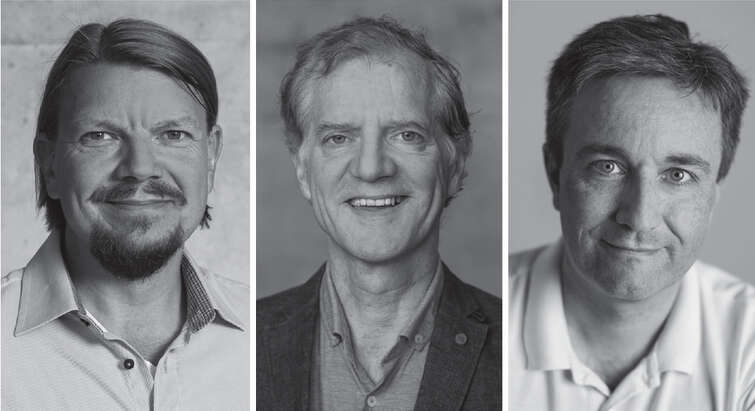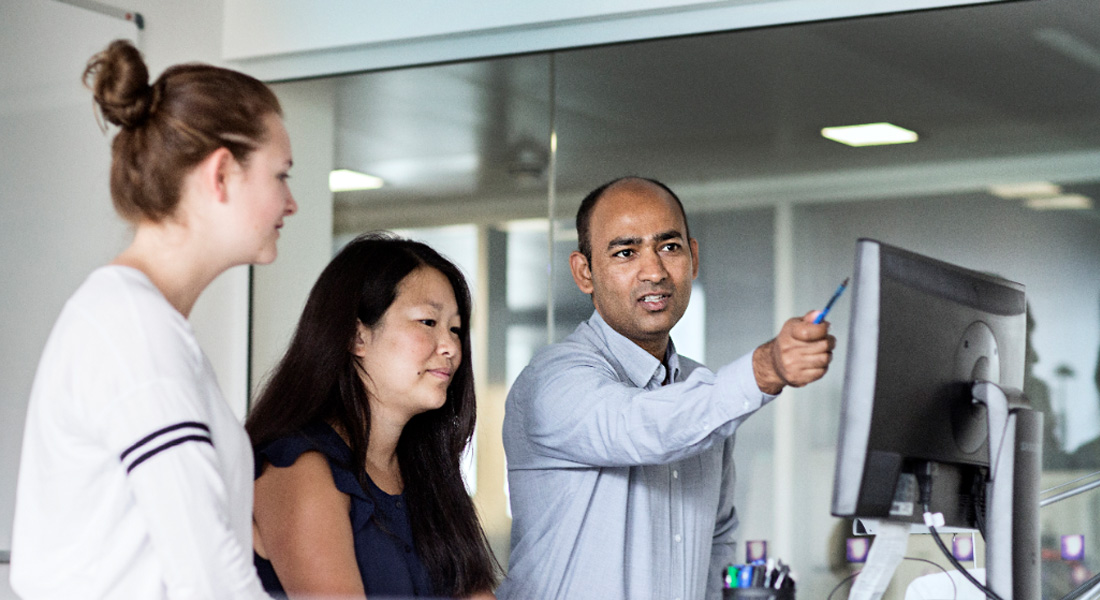
Clinical Proteomics in the Mann Group
The main research focus of the Clinical Proteomics Group headed by Professor Matthias Mann is to apply mass spectrometry (MS) based proteomics to understand human health and disease. The study of the proteome could lead to the improvement of patient diagnosis and stratification, and possibly to prevent diseases such as metabolic disorders and cancer. To this end, the lab is developing and applying cutting-edge MS-based proteomics techniques; an area in which the Mann Group is world-leading.

The Mann Group undertakes ambitious research projects involving proteomics of archived tissue specimens and body fluids for patient phenotyping. One goal is to establish robust, high-throughput proteome profiling pipelines for these patient materials, allowing for the proteomic interrogation of large clinical cohorts. The group’s overarching aim is to identify protein markers for early detection of diseases such diabetes and cancer, to improve diagnosis and help to develop individualized therapies.
“Our eventual goal is to prevent the development of diseases such as the metabolic syndrome in the first place, by targeted and personalized life style interventions,” says Professor and Group Leader, Matthias Mann.
To this end, the group builds on its longstanding expertise in mass spectrometry to implement an artificial intelligence-guided platform for analyzing the proteomes of patient tissue from low amounts of formalin-fixed, paraffin-embedded samples at high accuracy and sensitivity.
“Our highly sensitive methods now enable us to simultaneously profile thousands of proteins from just a few cells, allowing us to identify the proteins that are most critical for various diseases,” Mann says.
Another area of focus is the interpretation of ‘multi-omics’ data, which is still a challenge. Often, a single ‘omics’ dimension is not sufficient to capture the full complexity of a disease. To overcome these challenges, the Mann Group has developed the Clinical Knowledge Graph where multi-omics data, together with vast amounts of meta-data, is collected and harmonized – enabling analyses and providing an excellent ecosystem for machine learning.
Streamlined proteomic profiling of archived biobank tissues
We developed and applied a streamlined workflow for in-depth proteomic profiling of large clinical cohorts of formalin-fixed and paraffin-embedded (FFPE) tissues. Our workflow is simple, robust and universally applicable.
A streamlined mass spectrometry–based proteomics workflow for large‐scale FFPE tissue analysis - Coscia and Doll et al., The Journal of Pathology, 2020
Plasma proteome profiling in non-alcoholic fatty liver disease.
We employed Plasma Proteome Profiling augmented by a novel mass spectrometry acquisition method – “Boxcar” to identify potential biomarkers of non-alcoholic fatty liver disease (NAFLD) in human cohorts. We identified PIGR and ALDOB, among other four proteins significantly associated with NAFLD as well as a panel of five proteins correlating with four classic liver enzymes. A mouse model recapitulated many of the changes seen in human cohorts.
Plasma proteome profiling discovers novel proteins associated with non‐alcoholic fatty liver disease – Niu and Geyer et al., Mol Syst Biol, 2019
Ovarian cancer biomarker discovered.
Integrative proteomic analysis in clinical tumor samples identifies a platinum sensitivity regulator and immunotherapy target for ovarian cancer and illustrates the clinical potential of cancer proteomics.
Multi-level Proteomics Identifies CT45 as a Chemosensitivity Mediator and Immunotherapy Target in Ovarian Cancer - Coscia et al., Cell, 2018
Mass-spectrometric exploration of proteome structure and function
Recent advances in mass spectrometry-based proteomics now enable the investigation of nearly complete proteomes and has evolved into the method of choice for the identification and quantitation of proteins as well as their site-specific posttranslational modifications.
Ruedi Aebersold and Matthias Mann, Nature, 2016
Staff list
| Name | Title | Phone | |
|---|---|---|---|
| Andreas Mund | Associate Professor | +4535325069 | |
| Frederik Post | PhD Fellow | +4535324666 | |
| Juanjuan Wang | Postdoc | +4535329767 | |
| Matthias Mann | Professor, Head of Research | ||
| Maximilian Strauss | Assistant Professor | +4535326217 |





